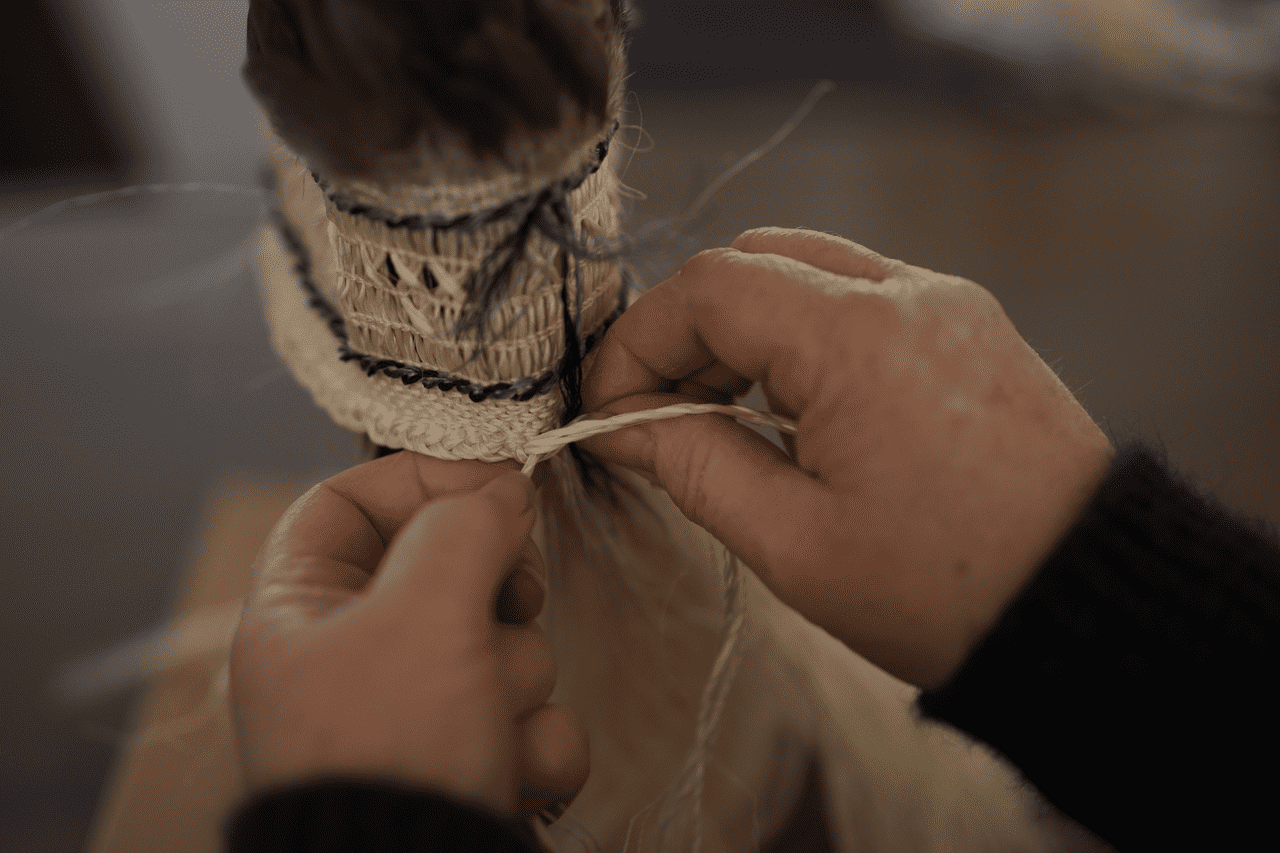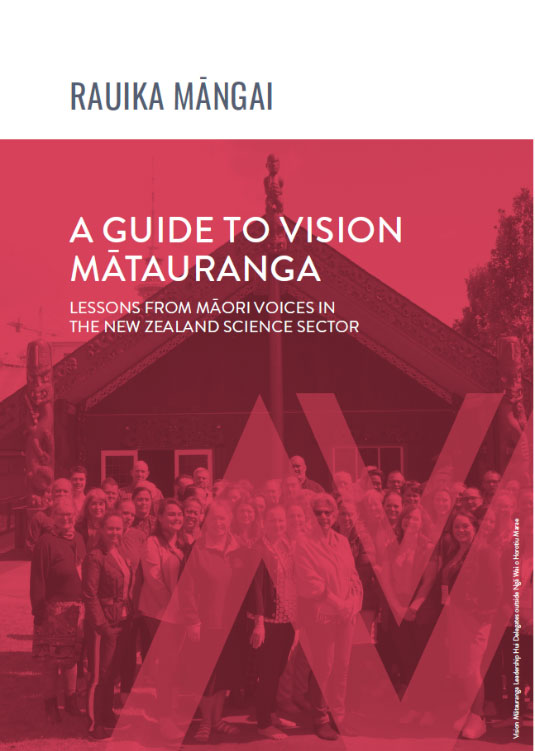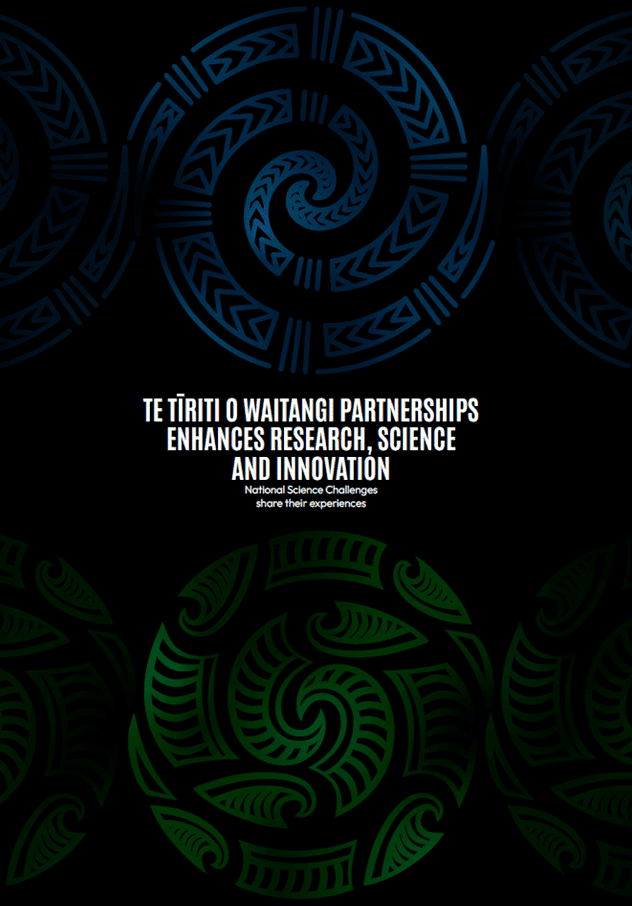Healthier Lives’ vision is of Aotearoa New Zealand with equitable health outcomes and a substantially reduced burden of non-communicable diseases.
Māori experience marked and persistent health inequities in relation to the major non-communicable diseases. New approaches are needed to specifically address health equity while improving outcomes for the whole population.
Healthier Lives is committed to embedding the principles of Treaty partnership and MBIE’s Vision Mātauranga policy throughout our work to support research excellence and research-informed change.
Co-governance
Healthier Lives’ co-governance structure is central to realising our vision. Our Kāhui Māori is part of our formal Challenge structure operating alongside our Governance Group as a single decision-making body comprised of the two groups. The Kāhui Māori has an equal stake in decision-making and independence on Māori-specific matters to maintain accountability to Māori stakeholders.
Research leadership and partnership
Māori researchers are involved throughout Healthier Lives, as members of the Management Group and Science Leadership Team, leaders of research projects, and emerging researchers.
Several Māori organisations are partners in research, and our investment strategy for Māori-led research was determined by direct engagement with Māori organisations.
Our commitment to Vision Mātauranga
- Achieving equitable health outcomes is at the centre of Healthier Lives’ vision;
- Our Research Investment Principles reinforce our commitment to Vision Mātauranga;
- A new formative and supportive Vision Mātauranga review process is a key part of commissioning new research to support science excellence and impact;
- We have made a substantial investment in Māori-led research and opportunities for established and emerging Māori researchers;
- We fund Kaupapa Māori research that is undertaken in partnership with Māori communities;
- Healthier Lives supports and participates in the activities of Rauika Māngai, the cross-Challenge Māori leadership group;
- We are seeking to build capacity amongst non-Māori researchers and stakeholders so they can work in partnership with tangata whenua.
Vision Mātauranga review process for research commissioning
All research funded by Healthier Lives undergoes rigorous scientific review by national and international experts. In 2020, an innovative Vision Mātuaranga review was introduced to run alongside the scientific review process.
Supporting Rauika Māngai
Healthier Lives has supported the formation and operation of the Rauika Māngai, a group of Māori representatives from the eleven National Science Challenges and Ngā Pae o te Māramatanga Centre of Research Excellence. The objectives of the Rauika Māngai are to:
- Innovate and advance Mātauranga Māori
- Accelerate research, science and innovation for the benefit of Aotearoa New Zealand
- Influence science policy to deliver wide ranging benefits to whānau, hapū, iwi, and diverse Māori communities.
The Rauika Māngai has produced resources offering practical advice for Māori researchers, non-Māori researchers, government agencies and research organisations about how to bring the principles of the Vision Mātauranga policy to life.
For more information visit their website: http://www.rauikamangai.co.nz
Te Tiriti O Waitangi Partnerships Enhances Research Science and Innovation
National Science Challenges share their experiences
This book captures the narrative of a striking innovation from a significant proportion of the science community, across multiple disciplines, who have collectively developed, then reflected upon their Te Tiriti o Waitangi journey.
All eleven Challenges not only met but surpassed their Vision Mātauranga requirements. Taken together, they have collectively become a unique site for honouring and developing Tiriti-honouring practice.
Launch at Ōtākou Marae
Healthier Lives was launched in December 2015 at Ōtākou Marae, one of the places where Te Tiriti o Waitangi was signed in 1840.
At the launch, we were reminded of our responsibility to help deliver equitable health outcomes for Māori in line with the articles and principles of Te Tiriti, and we made a commitment to uphold this obligation.



